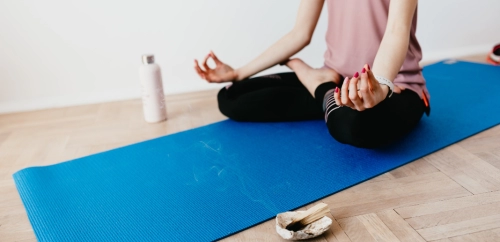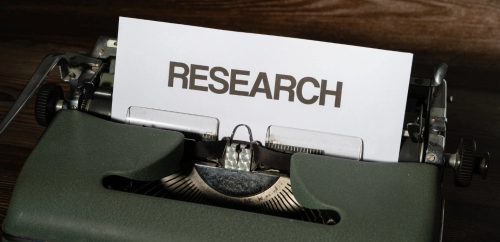





mindfulness & meditation
I don't think that anyone can tell you what meditation is right for you. It's sort of like someone telling you what your favorite food is. Without knowing you, they couldn't really tell you this unless it's a guess.
You know yourself best. You would know, or be able to find out, which type of meditation is best for you.
The best way to do this is to just try out a few different types, and to see which one feels best for you.
I think the most important thing, at least for beginners, is to find one that you can actually do on a daily basis or at least consistently, otherwise, if you are not consistent with your meditation practice, you may end up not really doing it enough to actually see the benefits. Both not having a consistent meditation practice and not seeing the results could just lead you to not meditating at all eventually.
I don't think you should be emotionless. I think that, in a way, you shouldn't be anything, you should just be there in that moment.
By that, I mean, you should just let what ever emotion that comes up be, and just watch it and understand it. Same as thoughts, you shouldn't be fighting your thoughts during meditation, you should just be watching them, not trying to alter them or control them, just letting them be until they eventually drift off.
It's the ability to be in the here and the now, and to not focus on past events or future possibles, things which cause stress, anxiety, and often depression.
Meditation doesn't necessarily require you to be emotionless. It also doesn't require you to be thoughtless. Meditation doesn't really require you to be anything.
You are who you are, and if in the moment that you are meditating you are full of thoughts or emotions, then that is who you are, and there is no requirement to stop being yourself in order to meditate.
On the contrary, actually, meditation itself can help reduce those thoughts and emotions. This is one of the main reasons people start a meditation practice in the first place, to be able to better control their minds and to handle these situations where they are full of thoughts and emotions, especially when they leave them incapable of making decisions or going on with their day in a good and positive way.
If you are meditating and expecting the practice to reduce your emotions, and it is not happening, this could end up making you more stressed than you may have been in the beginning. This is why meditation shouldn't be done with solid expectations of a given outcome.
You may begin meditating expecting to be enlightened after just one session. This probably won't happen, but what may happen is that you will believe that meditation doesn't work and is not for you, and you may just give up on the whole practice completely.
It's strongly recommended to not have these kinds of expectations when starting to meditate. Instead, just meditate. Let things happen in their own time, and as you keep a constant practice, you may start to notice the effects it has on you.
As all good things, meditation takes time and patience.
Focusing on the future too much can be the cause of a lot of stress and anxiety, especially if these thoughts cause you to worry or be fearful.
Focusing on the future isn't necessarily bad. Making goals, plans, and even wondering about it is all a part of our lives. It gets bad when they stop being simple thoughts and wonders, and turns into negative thoughts and emotions, such as fear and anxiety.
What the future holds we do not know. Worrying about it is something most people do to a certain degree, but allowing it to change our lives, or even control it, is what can lead us down a bad path full of stress, anxiety, and a lot of negativity.
This is why one of the main pillars of mindfulness is to focus on the present and not the past or the future.
The past is the past, there is nothing we can do about what already happened. The future is untold, and we do not know what it holds. The present is where we are, it's where we can make a difference and where we have control.
Focusing on the present allows us to not give in to the stress of what the future may hold, and to not be upset of what was in the past.
It's hard to actually say which meditation is right for you without really knowing you, as meditation is a very personal practice that is different for everyone. So, the meditation practice that is right for me may not be right for you.
With that said, of course, there are quite a few meditation practices to chose from, some very different from others. The best advice that can be given is to just experiment. Find what works for you.
Take some time to think about the reasons you want to start a meditation practice, do some research, and just start practicing. Short 5-minute meditation sessions in the beginning is a great way to start and to get used to the whole practice of meditation, and from there you can build up your time and meditate for longer.
Even if you are not exactly sure which type of meditation is right for you, you can still start meditation by finding a short guided meditation. Guided meditations are a great way to get into the whole world of meditation, as it helps make the practice more bearable and simpler in the beginning, since most beginners aren't used to meditating.
You can find a tremendous amount of guided meditations online, either on YouTube, or on mobile apps, the internet is full of them, so it really is easy and simple to get started.









